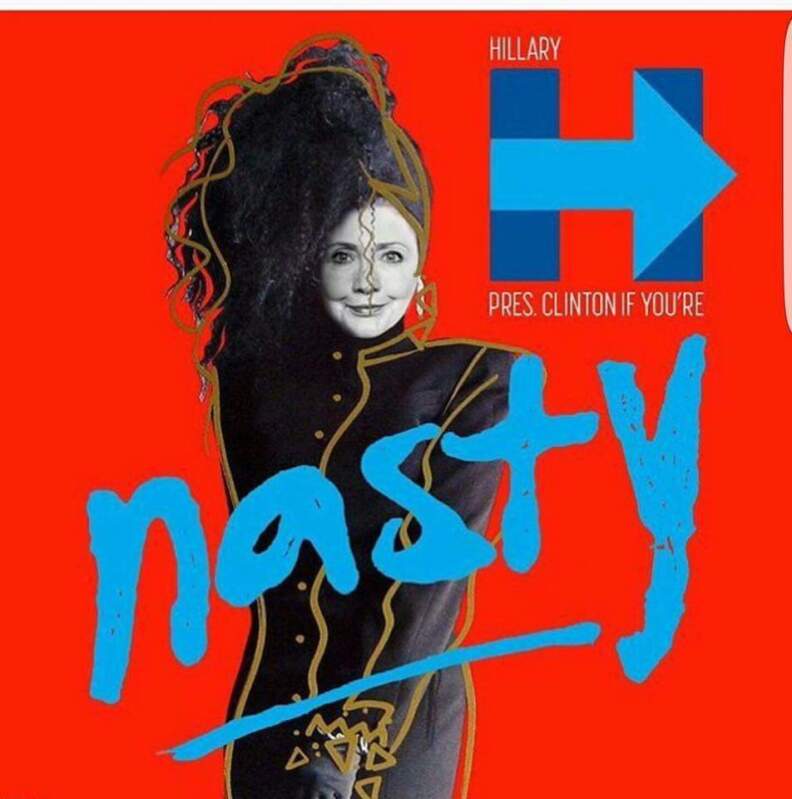The internet is still being flooded with memes following this moment in Wednesday night's final presidential debate:
Little did Donald Trump know he was creating a feminist rallying cry for Hillary Clinton. It didn't take long for the women of the internet to take back the word. Within minutes #NastyWomen and #IAmANastyWoman were trending on social media.
"My name isn't Crooked, it's Hillary. Madame Prezzie, if ya nasty."
— Alana Massey (@AlanaMassey) October 20, 2016
You know what a #NastyWoman is good at? Voting. #debate pic.twitter.com/T4DDbNC8cY
— Alanna Vagianos (@AlannaVagianos) October 20, 2016
However, it turns out "Nasty" has long been a useful word for feminists.
To tell us more, Take Two's Libby Denkmann spoke with feminist writer Roxane Gay. She's a novelist and the author of the essay collection "Bad Feminist."
Interview Highlights
How has 'nasty' been used in the past, specifically against women?
"I think it's been used when men are intimidated by women when they can't have a woman that they want and they decide that women are disgusting. We're these unknowable creatures that become untouchable and revolting and so they use the word nasty to sort of remind us of what they think of us and to put us in our place."
How has it started to shift in the minds of people who use that word 'nasty'?
"Part of it is that the word nasty began to become reclaimed, I mean I don't know that it's the grand reclamation of a word in feminist history but certainly Janet Jackson and her song "" really helped a lot of women reclaim that word and Janet Jackson actually wrote that song in response to sexual harassment and then it became sort of empowering. Even though we overuse the word empowering, there is something to be said for saying 'Oh, what? You think I'm nasty? You're damn right I'm nasty.' and owning that word and therefore disallowing these men from taking something from us by using that word. I mean, you can call us whatever you want but we're going to get there first and we're going to mean something positive when we use the word."

Why do you think it took Trump saying something like this to get this reaction from young women and from people who are really clued into Internet culture?
"...I think for those millennial women who were on the fence and ambivalent about Hillary Clinton, I think that they felt some connection to Hillary, that if this woman at the height of the career could be called a nasty woman on a televised debate on the national stage, that she too endures what a lot of women deal with in their daily lives. And I think they started to see the significance of what it will mean to have a woman as president and what that might mean for the changing culture of women."
Roxane also spoke about the current state of feminism and the future of the word 'nasty'.
To hear the full interview, click the blue play button above.


